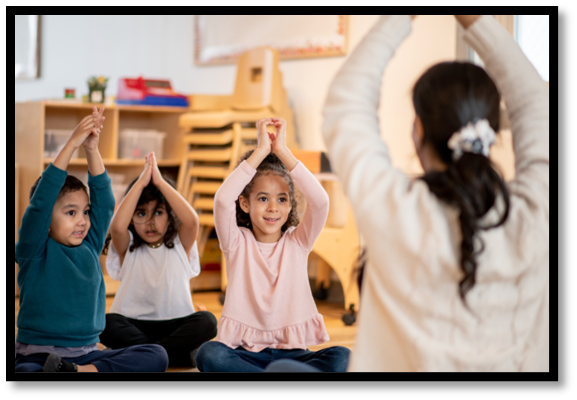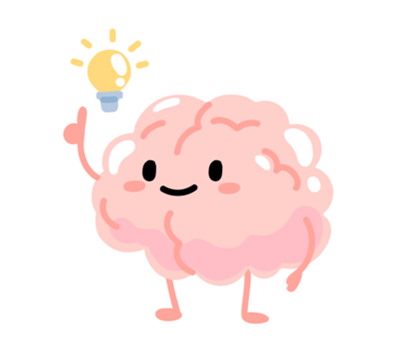
Human beings are driven to make sense of their world.
Asking questions opens the door to understanding. Questioning is the strategy that propels readers forward. When readers ask questions, they are less likely to abandon text. When one question is answered, another one usually arises. The more students learn to question, the more sophisticated their questions become. This is the power of questioning in the classroom.
As students and children mature as readers they should begin to spontaneously and purposefully ask questions before, during, and after reading (or listening to a book).
Different Types of Questioning in the Classroom
Research shows that up to 80% of classroom talk can consist of questions (Borich, 1992) [Borich, G. D. 1992. Effective teaching methods, 2nd ed. Upper Saddle River, NJ: Merrill/Prentice Hall].
Since teachers use the strategy of questioning so frequently, there is a need to learn to skillfully, thoughtfully, and intentionally ask questions to gain the results we want with our students. In addition, we need to teach our students how to ask questions as well as answer them.
There are many different types of questions. Two types of questions that all teachers ask are literal and open-ended questions. Both types of questions are needed for comprehension. Literal or closed questions are also called “within the text” or “right there” questions because the answers can be found in the text. When a teacher asks a literal or closed question he/she has a predetermined correct response in mind. Students can go back and find textual evidence of their answer by underlining or highlighting the answer.
Open Ended Questions in the Classroom
Open-ended questions are usually questions that are “beyond the text” or “about the text questions.” When a teacher asks an open-ended question, there are multiple correct answers. Students might make connections to their own lives, to other stories, or to world events in response to an open-ended question.
Additionally, the student might be asked to synthesize or evaluate information from a reading. While these answers also require textual evidence, the textual evidence supports the student’s answer rather than being the student’s answer.
For more information, please watch our webinar “The Power of Question (Part 1) by Julie Baxa. GO TO WEBINARS




Ready to Start Your Journey?

6425 Living Place
Suite 200 #1021
Pittsburgh, PA 15206
Tel: 800-449-8841
Email: contact.us@grapeseed.com
© 2024 GRAPESEED INTERNATIONAL PTE. LTD.
